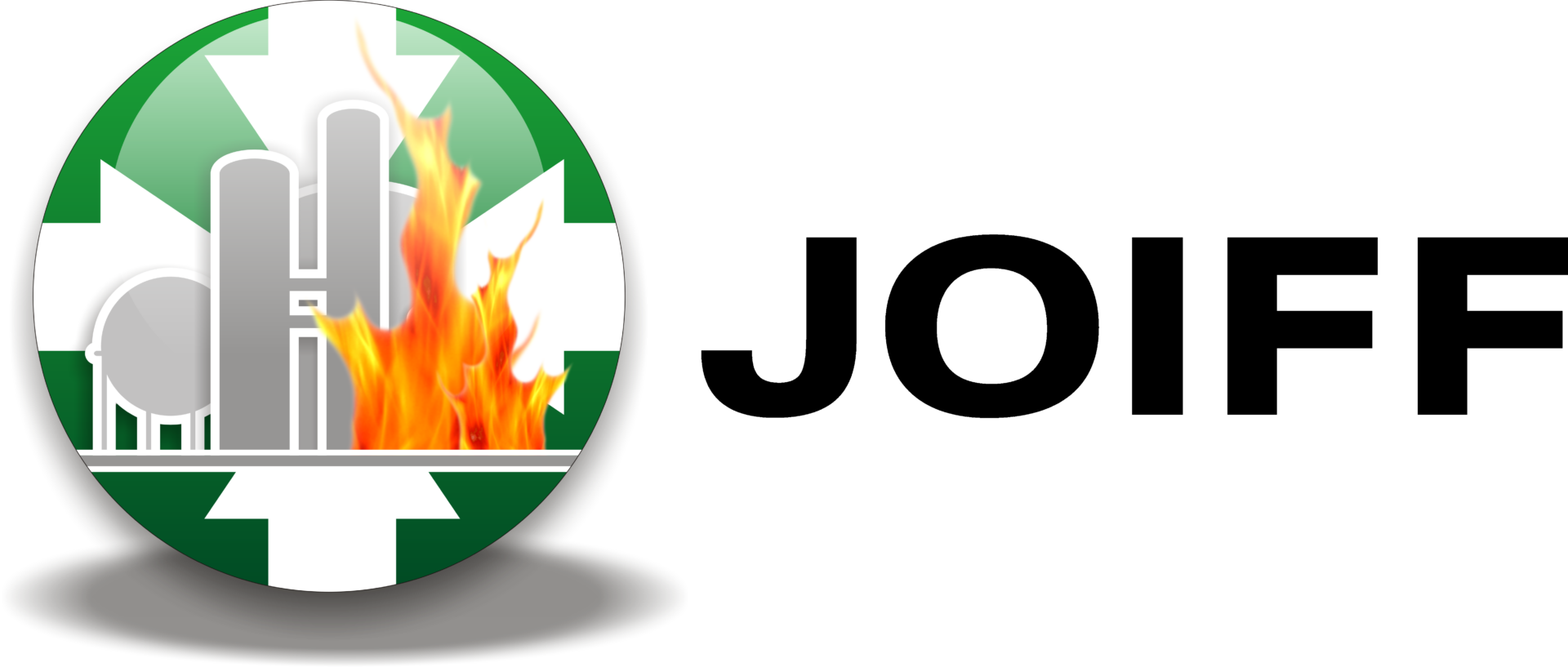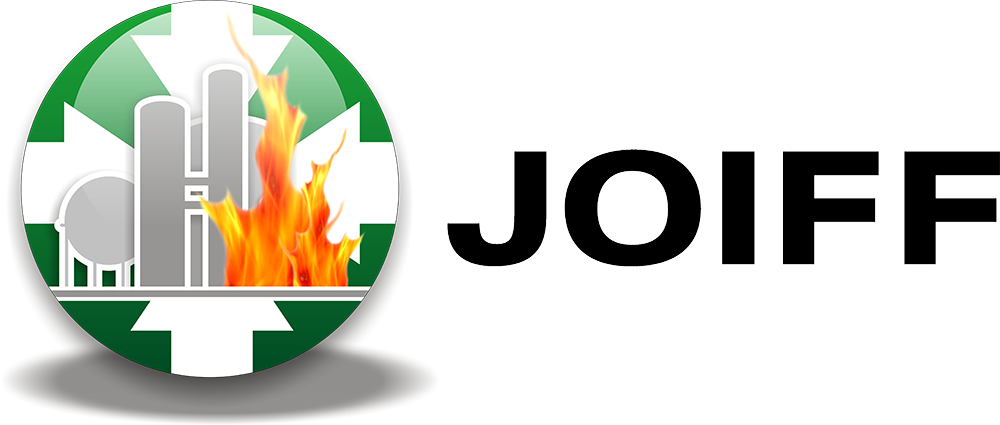JOIFF Training
Accredited competency-based training within High Hazard Industries
JOIFF Accredited Training
During the 1990s, a short time after JOIFF was founded, Fulcrum Consultants, a Company dealing with the members of JOIFF at the time, identified the shortage of training facilities where emergency responders to incidents in industry could obtain suitable and relevant Internationally recognised training and certification of competence in Emergency Response in Industry. In 1999, Fulcrum Consultants proposed to the Directors of JOIFF that it was essential that effective and relevant training was provided for Emergency Responders to Industrial incidents. The Directors agreed and a Joint Working Group of JOIFF and Fulcrum Consultants was formed and drew up a number of training courses which were competency based and relevant to the type of incidents that commonly take place in Industry. To support this work, Fulcrum Consultants developed the principals of a system of accrediting training to ensure that JOIFF training for emergency responders to incidents in industry, particularly in High Hazard Industry, was to a specific minimum standard.
The first of the competency-based training courses developed by the Working Group took place during December 2000 at the UK Civil Aviation Training Centre in Teesside, UK, resulting in the issue of the first JOIFF certificates of accreditation to students who had successfully completed the courses. From those small beginnings, Fulcrum Consultants have continued to develop the standard of JOIFF accreditation of training and this system is now regarded across the World as one of the most important systems of accreditation for training Emergency Responders in Industry.
JOIFF COMPETENCY BASED TRAINING
JOIFF Accredited training is based on competence which is defined as follows:
“ A person shall be deemed to be competent where, having regard to the task that s/he is required to perform and taking account of the size and/or hazards of the undertaking or establishment in which s/he undertakes work, s/he possesses sufficient training, experience and knowledge appropriate to the nature of the work to be undertaken.”
JOIFF Accredited Training requires that each emergency responder receives training which will enable them to perform their duties safely, efficiently and in a competent manner that does not pose a hazard to themselves or to other persons. A well-trained and properly organised Emergency Response Team comprises members who are thoroughly familiar with their own site/facility/response area and its particular problems and are able to competently respond to the incidents that occur within their Area Emergency Response Plan.
JOIFF Training is divided into five distinct phases:

Initial training: “Acquisition”
to gain the attitude, knowledge, competency skills and understanding identified for a particular role, before being permitted to engage in emergency operations;

Continuous training: “Application”
to consolidate, practice and apply the knowledge, skills and understanding developed during initial training to the workplace;

Refresher
training
a revision of fundamental knowledge and skills;

Conversion
training
designed to familiarise whenever changes in procedures and/or technology are introduced, and/or new hazards are identified in the work environment;

Re-validation
training
to up-date and develop new techniques and/or to enhance the skills learnt in earlier training.
After initial training has been satisfactorily completed, competency-based training certification can only be maintained by the augmentation and regularity of robust onsite training programmes.
For the ongoing safety and efficiency of emergency response personnel, competence in the practical activities of emergency responders should be maintained at least to the following minimum guidelines:
- Practical Firefighting: training on approved fire scenarios at least once every 12 months.
- Wearer: worn at least once in every 6 months and assessed as competent at least once every 12 months.
- Rope Rescue: once every quarter and refresher training at least once every six months.
- Confined Space Rescue: once every quarter and refresher training at least once every six months.
Whether full time or part time, members of emergency response teams expected to carry out the same duties must have the same amount and type of competency-based training.
JOIFF accreditation
To obtain JOIFF accreditation, a Training Establishment must be a member organisation of JOIFF and through auditing, they must demonstrate compliance with the three pillars that make up effective provision of training:
- Safety Management Systems and procedures;
Effective policies, protocols and procedures that allow for a safe system of work, the facilities are in place and practices are regularly risk assessed.
- Instruction;
Instructors are knowledgeable and experienced in the subject matter being dealt with and have regular first-hand knowledge of the Industry for which they will be providing training.
- Courses;
Courses are robust, challenging and relevant to the potential accidents/incidents on or off the site/facility/response area to which the emergency responder may be required to respond within the Area Emergency Response Plan.
Each person who satisfactorily completes a JOIFF accredited training course should receive a JOIFF Accredited certificate of competence. As competence needs to be continually demonstrated, qualification from each course a student successfully completes is required have a limited validity. All JOIFF certificates of competence have expiry dates and revalidation is required on a regular basis – this requirement can also be met by continual demonstration of currency of competence.

